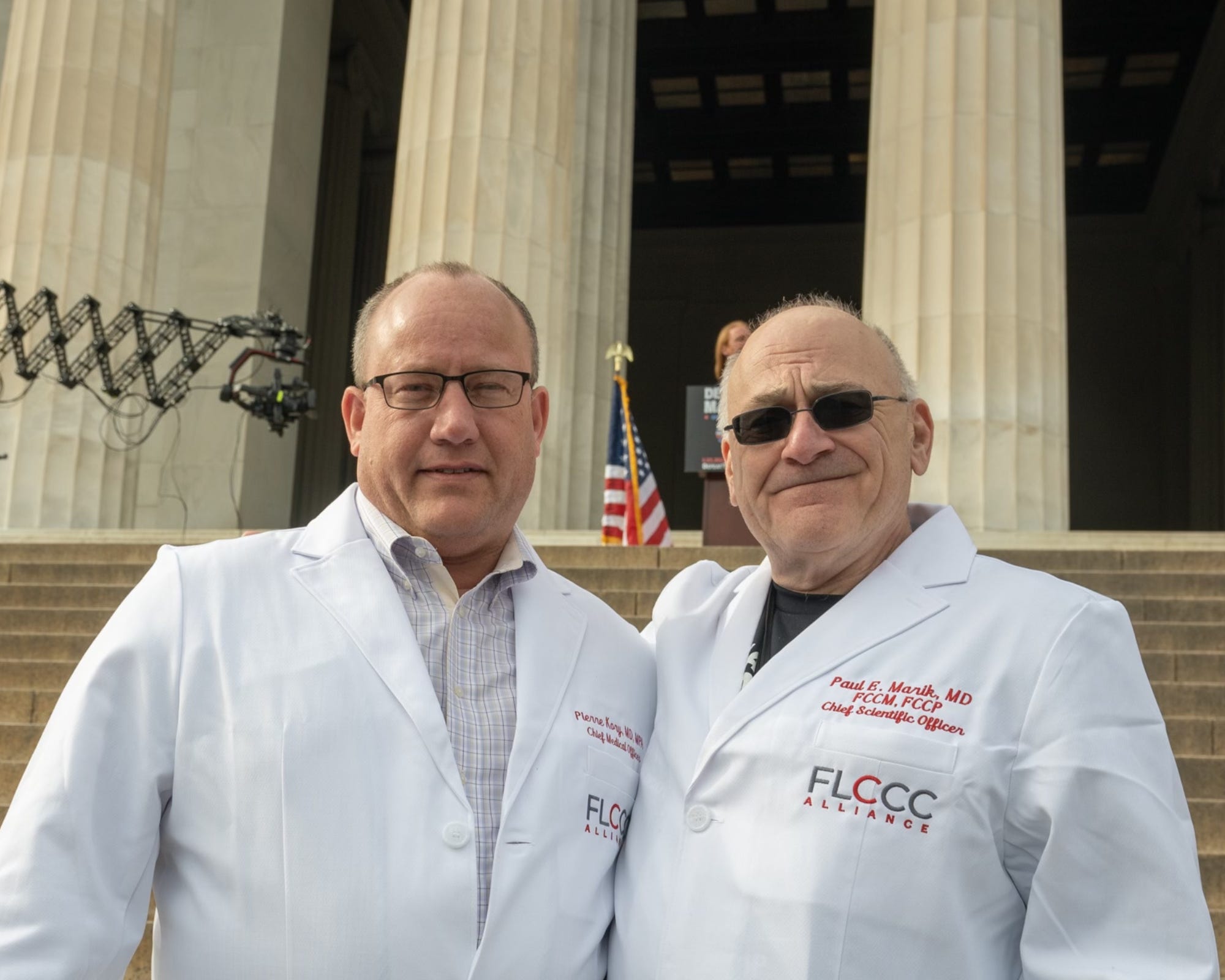You may think Big Tobacco and Big Food are separate industries, but the University of Kansas study, published in the journal Addiction, reveals how deeply intertwined they were for decades.2 The researchers found that tobacco giants Philip Morris and R.J. Reynolds strategically acquired major food companies in the 1980s, dominating the U.S. food system for over 20 years.
During this time, they deliberately formulated and promoted "hyper-palatable" processed foods designed to maximize consumption and profits — much like they did with cigarettes. The study examined food products from 1988 to 2001, when tobacco companies led the food industry.
Foods owned by tobacco companies were 29% more likely to be classified as "fat and sodium hyper-palatable" and 80% more likely to be "carbohydrate and sodium hyper-palatable" compared to foods not owned by tobacco companies.3
Recognize that the primary reason was this was so destructive to your biology was that they used the wrong fats. If they had used saturated fats, which were vilified at the time, instead of the exalted but pernicious mitochondrial poisons, PUFAs, we would be in good shape from a health perspective.
But these hyper-palatable foods were engineered with specific combinations of pernicious omega-6 fats, and additives that don't occur in nature. They excessively activate brain reward circuits, facilitating overconsumption and leading to addictive-like eating behaviors.
How Big Tobacco Shaped Your Grocery Store Shelves
When you walk down the supermarket aisles today, you're seeing the long-term consequences of Big Tobacco's foray into food. The study found that as of 2018, over 75% of branded food products qualify as hyper-palatable, regardless of previous tobacco company ownership. However, foods that were once tobacco-owned still showed a slightly higher prevalence of being classified as omega-6 LA loaded fat and artificial ingredient hyper-palatable.
This suggests that tobacco companies' strategies for formulating hyper-palatable foods have influenced the broader food industry. Other food companies likely observed the market success of tobacco-owned brands and began producing similar hyper-palatable products to remain competitive.
It's a stark reminder of how corporate strategies in one industry have far-reaching effects on public health through unexpected channels. The tobacco companies focused particularly on increasing fat and artificial ingredient content, as well as carbohydrates and sodium. Interestingly, they seemed to avoid promoting foods high in both fat and sugar.
The researchers speculate this was to avoid scrutiny, as there was growing concern in the 1990s about sugar's role in obesity. By focusing on sodium instead, tobacco-owned food companies could enhance palatability while staying under the radar of most nutritional advice at the time.4
- 1, 2, 3, 4, 17, 20 Addiction. 2024 Jan;119(1):62-71. doi: 10.1111/add.16332. Epub 2023 Sep 8
- 5 Foods. 2020 Aug; 9(8): 1056
- 6 Britannica, Nicolas Appert
- 7 The New York Times June 3, 1985
- 8 The University of Alabama, Diversification
- 9 The Washington Post September 27, 1985
- 10 Encyclopedia.com Kraft Foods Inc.
- 11 Neuropharmacology. 2020 Oct 15; 177: 108162
- 12, 13, 14, 15, 16 BMJ 2019;364:l736
- 18 American Business History Center, Forgotten Giant: General Foods October 23, 2020
- 19 Altria, About Altria, Our Heritage
